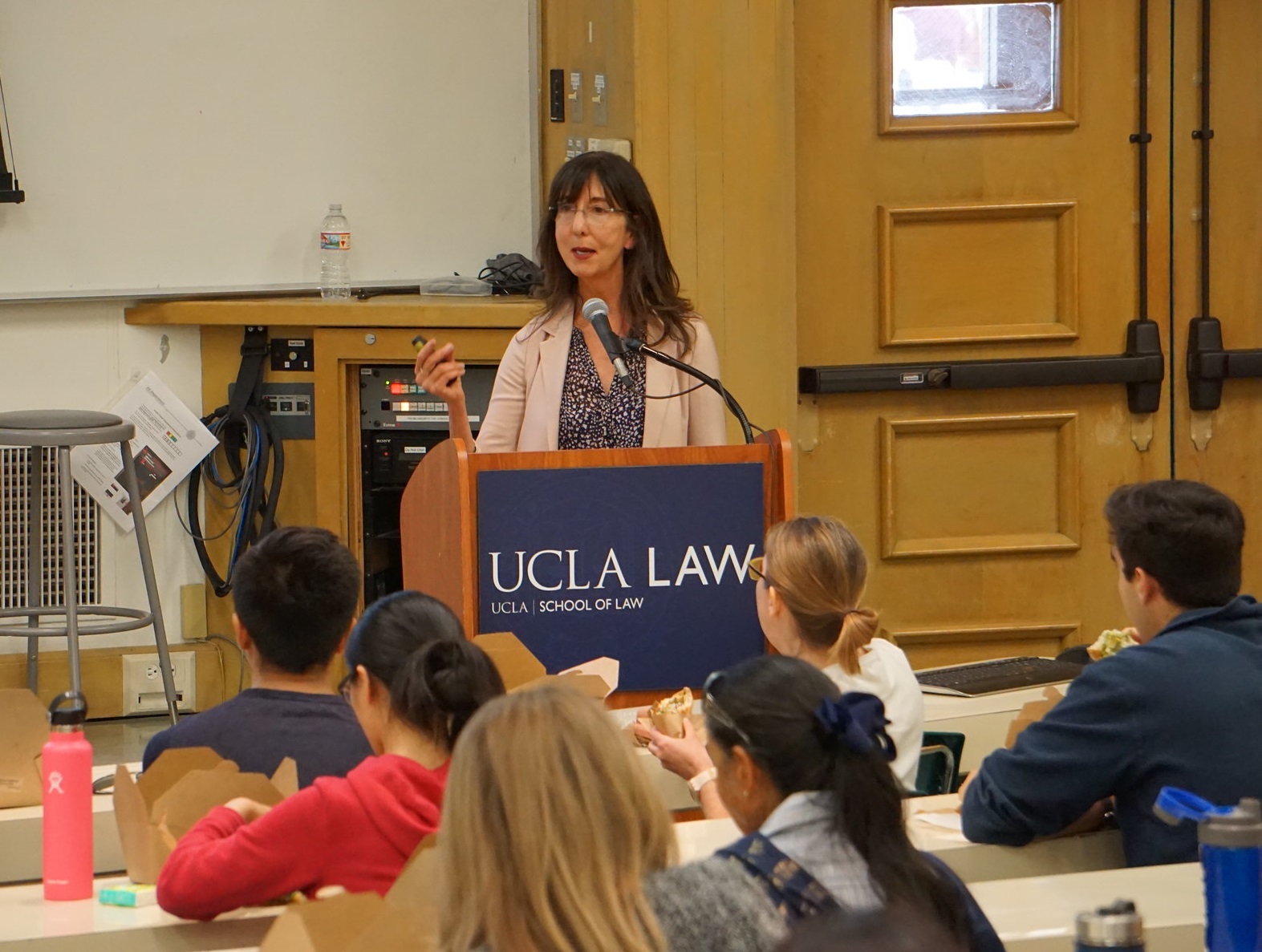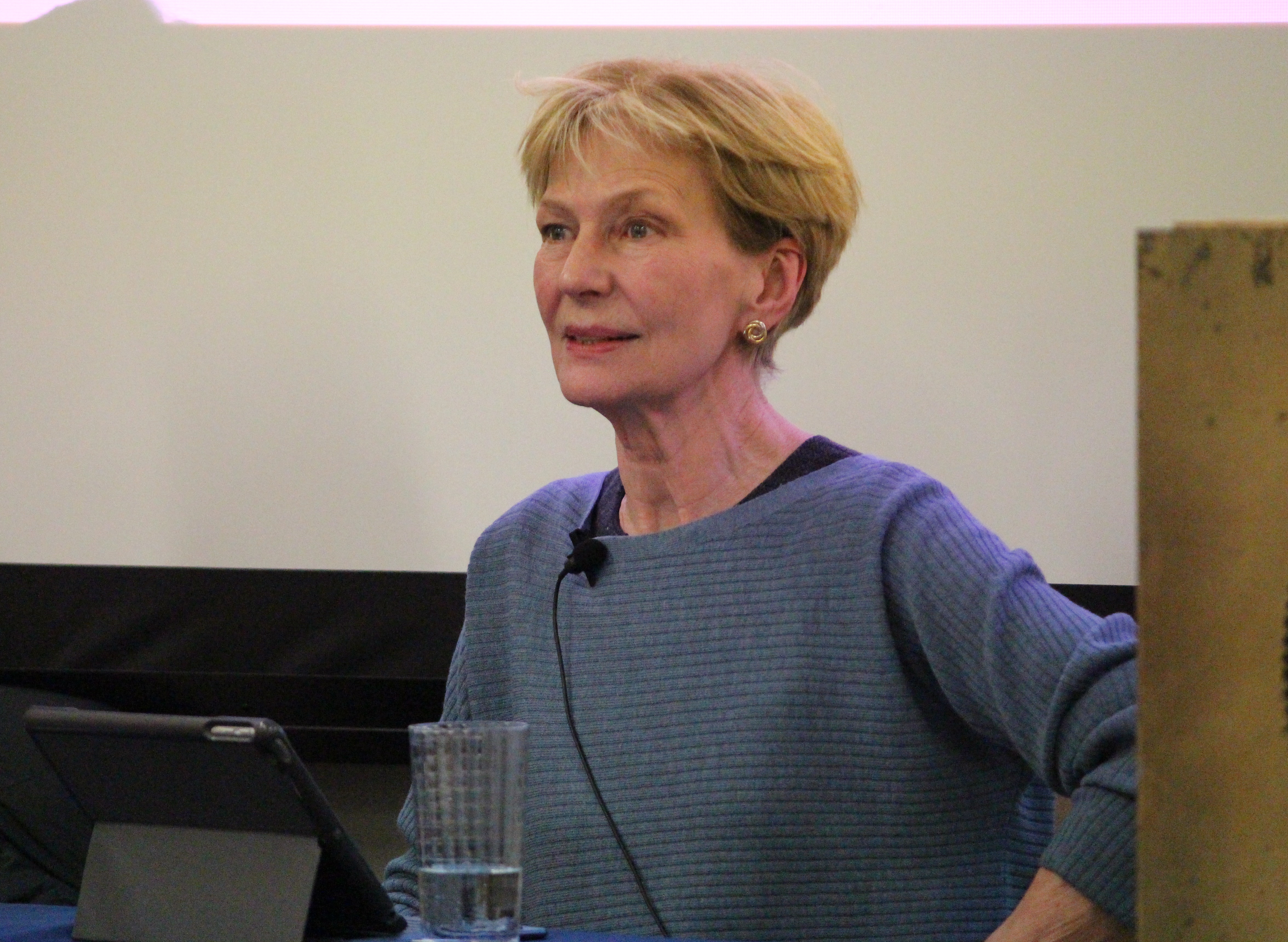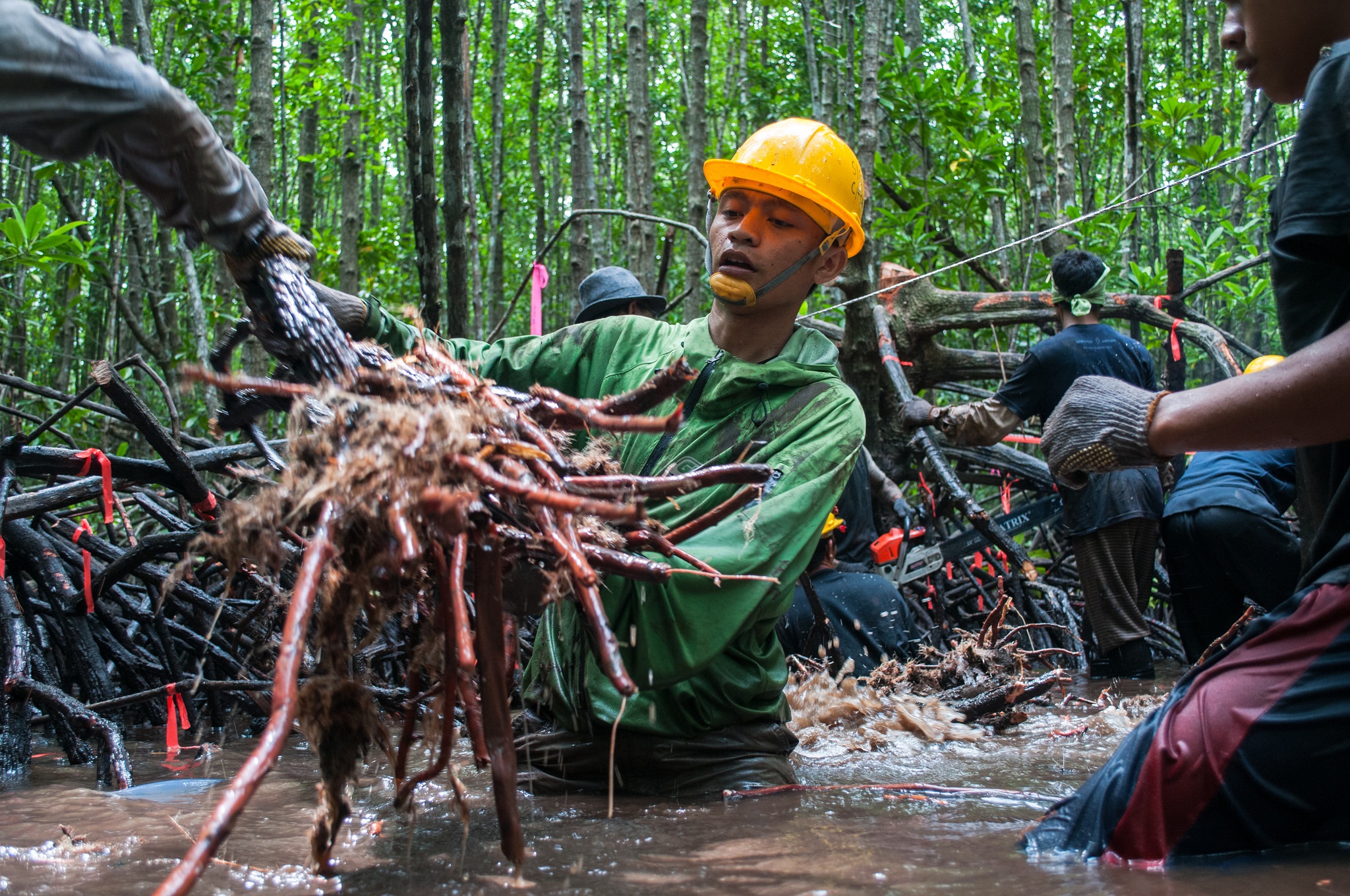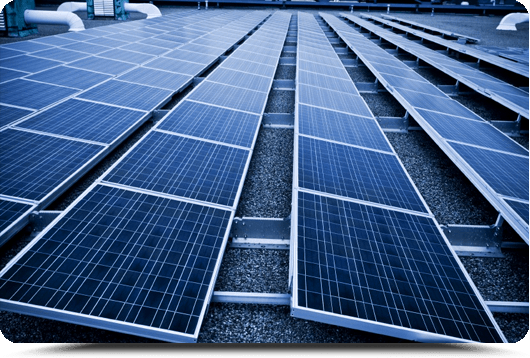China
Why are automakers fighting Trump’s emissions rollback?
The answer may lie in the electric vehicle investments the industry is busy making
As we move ever deeper into an all-out legal war between California and the Trump Administration over rollbacks of automobile emissions standards (something Ann, Cara, and Julia have been covering very well), I want to explore in a little more depth why the automakers have been so resistant to Trump’s rollback efforts. The auto industry …
Continue reading “Why are automakers fighting Trump’s emissions rollback?”
CONTINUE READINGChina’s Energy Transition
Q&A with Barbara Finamore, Senior Attorney & Asia Senior Strategic Director, NRDC
Barbara Finamore is an attorney and leading expert for Natural Resources Defense Council on a wide range of China climate, energy, and environmental issues. I worked with Finamore to found NRDC’s Beijing office in 2006. In her new book Will China Save the Planet?, Finamore explores efforts by China, today the world’s largest emitter of …
Continue reading “China’s Energy Transition”
CONTINUE READINGChina in the Global Environment — Q&A with Isabel Hilton, Founder and CEO of chinadialogue.net
Isabel Hilton is a leading journalist whose current work spotlights the impact of China’s growing economy on people and the environment. Her work has appeared in the Financial Times, The New York Times, the Los Angeles Times, The Guardian, the New Yorker, and many other publications. In 2006, Hilton launched chinadialogue.net, a groundbreaking website that publishes reporting and analysis …
CONTINUE READINGWill There Be a Global Environmental Constitution?
The potential of a proposed Global Pact for the Environment remains uncertain
The 1990s were the heyday of international environmental lawmaking. The 1992 United Nations “Rio Conference” on Environment and Development catalyzed the UN Framework Convention on Climate Change (UNFCCC), Convention on Biological Diversity, and the UN Convention to Combat Desertification. The decade also witnessed the launch of the Rotterdam Convention on Prior Informed Consent as well as protocols …
Continue reading “Will There Be a Global Environmental Constitution?”
CONTINUE READINGChina at the Global Climate Action Summit
Climate Action from the World’s Largest Emitter
Governor Brown’s Global Climate Action Summit came to a close this past Friday in San Francisco. A large delegation of Chinese government officials, researchers, business leaders and civil society representatives were on hand for the proceedings. Xie Zhenhua, China’s special representative on climate change, reaffirmed China’s commitment to action on climate change. While Xie had …
Continue reading “China at the Global Climate Action Summit”
CONTINUE READINGGlobal market for ecosystem services surges to $36 billion in annual transactions
New article in Nature Sustainability tracks global payments for ecosystems services
In the early 1990s, New York City began paying for land management in the Catskills watershed to ensure safe drinking water for the city, avoiding the cost of building an expensive water treatment plant. New York City provides just one example of a growing number of programs – called payments for ecosystem services (PES) – …
Continue reading “Global market for ecosystem services surges to $36 billion in annual transactions”
CONTINUE READINGTrump Administration Imposes Tariffs On Solar PV Imports
The expected blow for solar companies, consumers, and clean energy & climate advocates will likely bring a U.S. solar slowdown and prompt industry changes
Following up on a campaign promise to crack down on free trade policies, the Trump Administration today announced that they will be imposing tariffs on foreign solar photovoltaic (PV) panels. The tariffs will start at 30 percent in the first year and then decline to 25 percent in year 2, 20 percent in year 3, …
Continue reading “Trump Administration Imposes Tariffs On Solar PV Imports”
CONTINUE READINGMaking China Great Again
America’s Retreat from Global Climate Change Action Cedes Leadership to China (co-authored with Ann Carlson)
China loomed large in Donald Trump’s presidential campaign. He accused the country of stealing American jobs and manipulating its currency for trade advantage. He famously tweeted that global warming was a concept created by the Chinese to “make U.S. manufacturing non-competitive.” At its core, Trump’s argument was that China had grown strong at the United …
Continue reading “Making China Great Again”
CONTINUE READINGChina and the Paris Agreement
The Long Road from Copenhagen to Paris
Six years ago in Copenhagen, China was seen as the spoiler. A widely read article claimed that China had “wrecked” the Copenhagen deal. One of China’s lead negotiators suggested that American envoy Todd Stern was “ignorant,” lacking in “common sense” or “extremely irresponsible.” What a difference a few years can make. On Saturday in Paris, …
Continue reading “China and the Paris Agreement”
CONTINUE READINGTPP or not TPP? Understanding the Environmental Debate over the Trans-Pacific Partnership Trade Agreement
The Obama administration recently notified Congress of its intent to sign the Trans-Pacific Partnership trade agreement (TPP) and released the text to the public. The TPP has proven extraordinarily contentious, splintering political party lines, with likely more Republicans supporting the agreement than Democrats, and dividing environmental groups, as well, with the Sierra Club, Greenpeace and NRDC opposed …
CONTINUE READING











